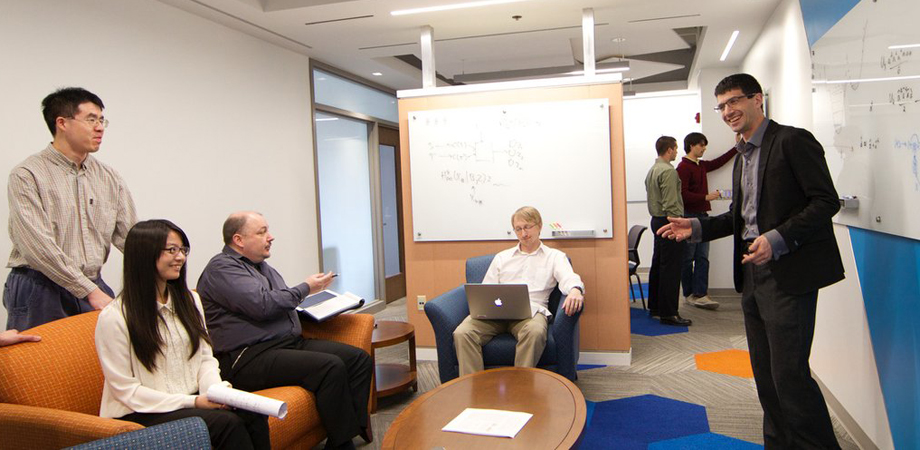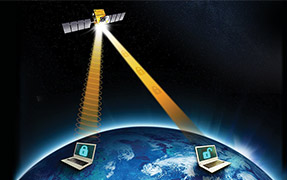The birth of quantum engineering

“Making complex quantum systems work is the type of challenge that engineers live for — and one that makes a big difference in the world,” says Jake Taylor, chief science officer at the Cambridge-based quantum software company Riverlane. “Tackling it with a perspective of understanding the interconnection of systems, and coming up with clear methods for validating and testing their interoperability requires a new way of thinking for the quantum computing community. The doors are open for engineering to transform the state of the possible, and now is the time to do it!”
Taylor will be giving a plenary talk on the birth of quantum engineering at SPIE Defense + Commercial Sensing in April. On this subject, Taylor notes that “as a field, quantum engineering goes all the way back to the first atomic clocks and the first lasers, where humanity has had to solve the challenge of controlling the microscopic world in a reliable manner. However, the advent of a burgeoning quantum industry, dating back to 2013-2015, has revealed the need for serious engineering to further the goals of building a quantum computer. Realizing complex experiments that scale is the mother of invention, and quantum engineering is the solution.”

Jake Taylor, left, moderating a discussion at the White House Summit on Advancing American Leadership in quantum information science with France Cordova (then NSF director), Mike Griffin (DoD), Paul Dabbar (DOE), and Walt Copan (NIST). Credit: Erik Jacobs.
What are some of your responsibilities as chief science officer at Riverlane?
Riverlane is building the operating system for error-corrected quantum computers, a tremendous task that integrates qubit physics, control-system construction, error correction and architecture design, and runtime scheduling and compilation. I’m responsible for ensuring that our overall research and development enable the best solutions in this space, and for coordinating our activities across a team of engineers, scientists, and developers to make certain we’re always pushing the envelope of the possible for applied quantum error correction.
What led to your interest in quantum engineering?
I’ve been working in quantum information science for 20 years, but in the past five years I have come to understand that applied quantum systems are the future for both experiment and for their impact on science and society. Yet, if you look at the language and science of integrating elements of quantum devices together to make a working system, most of the foundational work remains to be accomplished — and solving these challenges enables transformative technology for humanity. This is what quantum engineering is about, and I’m thrilled to be working on it.
What current projects at Riverlane are you most excited about?
We are building the operating system for quantum computers that integrates quantum error correction, which means solving tough classical computation problems and integrating their solution with both quantum control systems and applications. We are in the midst of deploying the necessary control software, encoding and decoding systems, and runtime that enables transformative solutions like multi-reference chemistry for catalysts and drug discovery. We have research partnerships with enterprise firms like AstraZeneca, Aster, Rolls Royce, JM, and others, where we look at advancing the state of quantum algorithms and their application, as well as with many quantum computing hardware teams where we explore and enable the edge of the possible in today’s systems.
What do you see as the future of quantum engineering?
I want a world in which you can take different elements and devices and bring them together to make larger, working systems, all of which are operating at the limits set only by quantum mechanics. From foundational science discoveries to combating climate change, quantum engineers are going to build the systems that enable a new range of technologies if we put in the work today, in growing the foundations and depth of the field and the community.
| Enjoy this article? Get similar news in your inbox |
|



